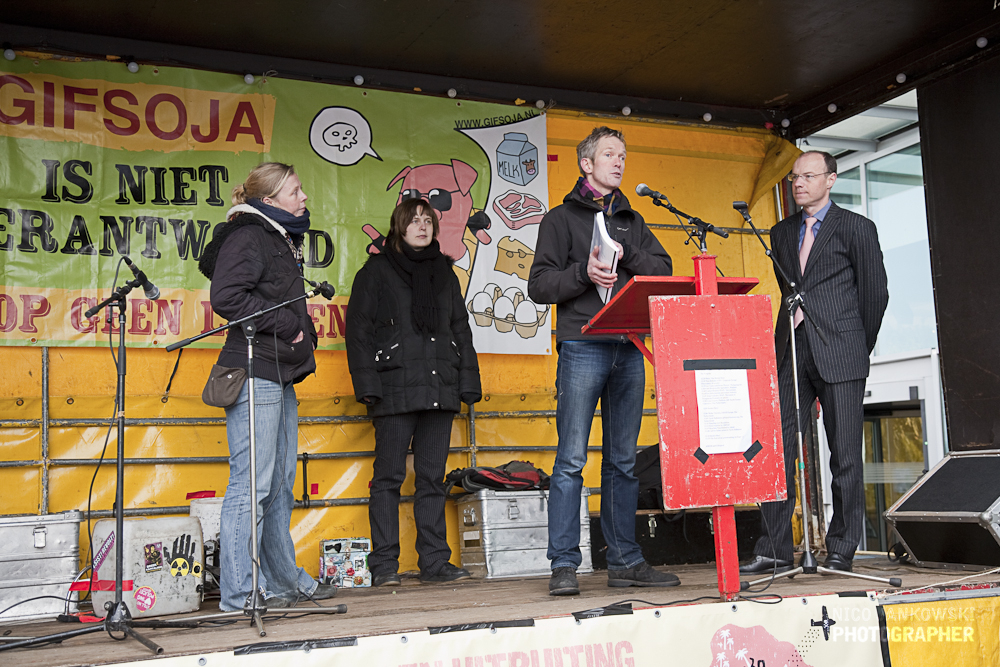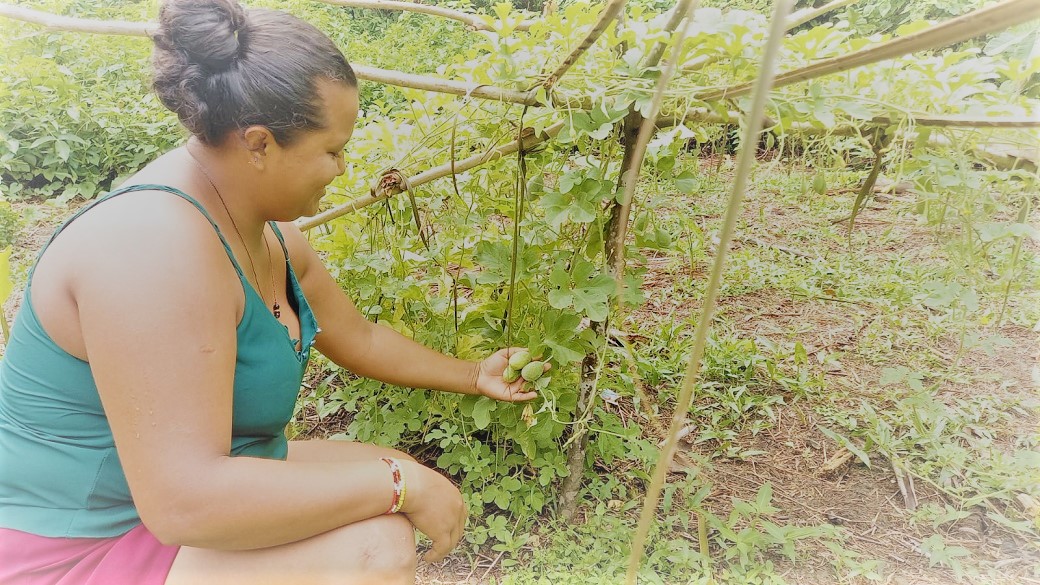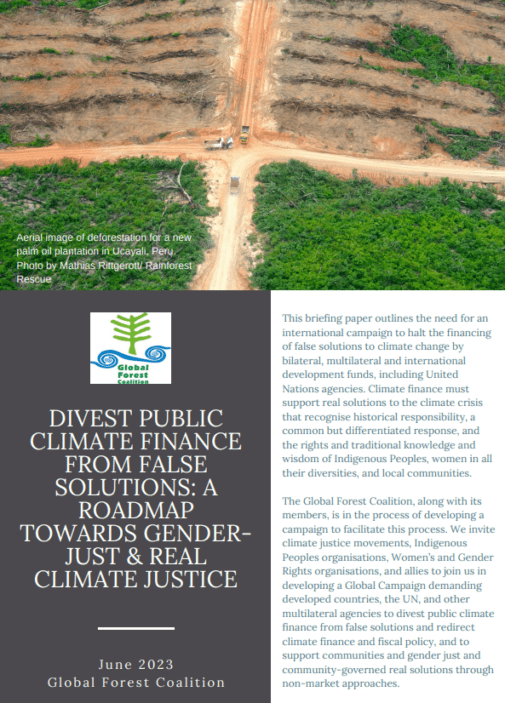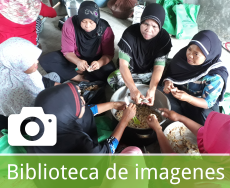Over 25.000 people tell Ahold: stop misleading consumers, Genetically Modified toxic soy is not responsible!

Yesterday multinational food retailer Ahold has received the signatures of 26.000 people across Europe demanding an end to greenwash projects like the Round Table for Responsible Soy (RTRS). Jochem van de Laatschot, VP corporate communications did not want to react. In a discussion that took place earlier that day Hugo Byrnes of Ahold agreed that the RTRS has a long way to go and the current certification scheme cannot be called sustainable.
For that reason the supermarkets have chosen not to communicate the RTRS label on the product. It will be communicated in their corporate responsability report though.
At the manifestation in front of Aholds Corporate Responsability office in Amsterdam representatives of several organisations represented the case against ‘responsible’ soy. Nina Holland of Corporate Europe Observatory (international), Luc Vankrunkelsven from Wervel (Belgium), Camiel Donicie from FIAN Netherlands, Guus Geurts from the Platform ABC (Earth, Farmer, Consumer) Meike Vierstra from Aseed Europe and Tjerk Dalhuisen form toxicsoy. Jorge Galeano from the Paraguayan farmersmovement MAP spoke on the phone.
The petition was kicked off in six countries in 2011 and targeted supermarket chains and food companies around Europe like Ahold, Aldi, Arla, Carrefour, Colruyt, Coop, Delhaize, Marks & Spencer and Unilever. International environmental groups including Friends of the Earth International, Action Aid, Global Forest Coalition and Food&Water Europe supported the action.[1]
Tjerk Dalhuisen of campaign group Toxicsoy.org says: “Europe imports 34 million tons of Genetically Modified (GM) soy every year, mainly to feed factory farmed animals. This system can never be called responsible and does not deserve a green label.”
“The criteria proposed by the Round Table on Responsible Soy (RTRS) do not guarantee any level of ‘responsibility’. Soy plantations can still expand at the expense of forest and small farms; large scale pesticide spraying on soy farms will continue to poison people and the environment.” [2]
The RTRS is an initiative of the World Wildlife Fund and the soy industry and companies with a vested interest in soy expansion such as the agribusiness and oil giants Monsanto, Syngenta, Cargill, BP and Shell. The Dutch food and animal feed industry are actively supporting the RTRS, and the Dutch government is providing financial support to the scheme in particular via the Initiative Sustainable Trade (IDH).
The soy roundtable has faced strong opposition from civil society for years. Hundreds of organisations from Europe and South America have signed declarations against the RTRS. [3] WWF and the Dutch NGOs involved in the RTRS have been criticised by nine Belgian NGOs. [4] In April 2011 the German platform of environmental organisations DNR (Deutsche Naturschutzring) sent a letter to WWF and asked them to withdraw from the RTRS stating: “DNR cannot accept that WWF protects a failed system of agriculture and secures the profits of companies like Monsanto and BP.” [5]
The RTRS has been accredited by the European Commission to certify biofuels to meet the controversial EU biofuel target. In this way it contributes to a false solution to climate change and again expansion of the soy market.
The soy that is being certified by the RTRS is mostly Monsanto’s RoundupReady GM soy, made resistant to Monsanto’s own herbicide Roundup based on glyphosate, which has been increasingly linked to serious health impacts on humans and wildlife. [6] Mixtures of pesticides are sprayed over large surfaces by airplane or large machines, causing severe health problems for the local population, pollution of water and damage to crops.
Hugo Byrnes on behalf of Ahold wrote in response to the petition that there are at present too few alternatives to soy imports. However, retailers like Ahold drive the use of soy by promoting cheap meat products. Instead, soy animal feed should be replaced by locally grown animal feed, and factory farming should be banned.
He also claimed that Ahold “does not intend to communicate the use of certified soy to consumers via packaging”, which shows once more that certified “responsible” soy has already failed as a brand.
Meike Vierstra (ASEED Europe) says: “Supermarkets that participate in this greenwash are making a big mistake. Consumers will understand that this label is misleading. We say to these companies: don’t sell the lie.”
For more information:
Notes to the editor:
[1] Petition text: http://www.toxicsoy.org/toxicsoy/Action/action.html.
Support letter: http://www.toxicsoy.org/toxicsoy/news/Artikelen/2011/3/8_Letter_to_supermarkets__responsible_soy_is_misleading_consumers_files/Please%20reject%20RTRS-certified%20soy%20letter-1.pdf
[2] More critical analysis on the RTRS criteria: Certified Responsible? GM Watch, CEO and Friends of the Earth, March 2011. http://www.gmwatch.eu/images/pdf/rtrsbackgrounderfinal.pdf
[3] Open Letter: Growing Opposition to Round Table on Responsible Soy. June 2010.
http://www.gmfreeze.org/page.asp?ID=431&iType=1079
[4] Letter from Belgian NGOs: http://bit.ly/b-protest
[5] Letter Deutsche Naturschutzring to WWF: https://www.regenwald.org/pdf/WWF_RTRS.pdf
[6] Antoniou, M., Brack, P., Carrasco, A., Fagan, J., Habib, M., Kageyama, P., Leifert, C., Nodari, R., Pengue, W. 2010. GM Soy: Sustainable? Responsible?
http://www.gmwatch.org/files/GMsoy_SustainableResponsible_Sept2010_Summary.pdf







